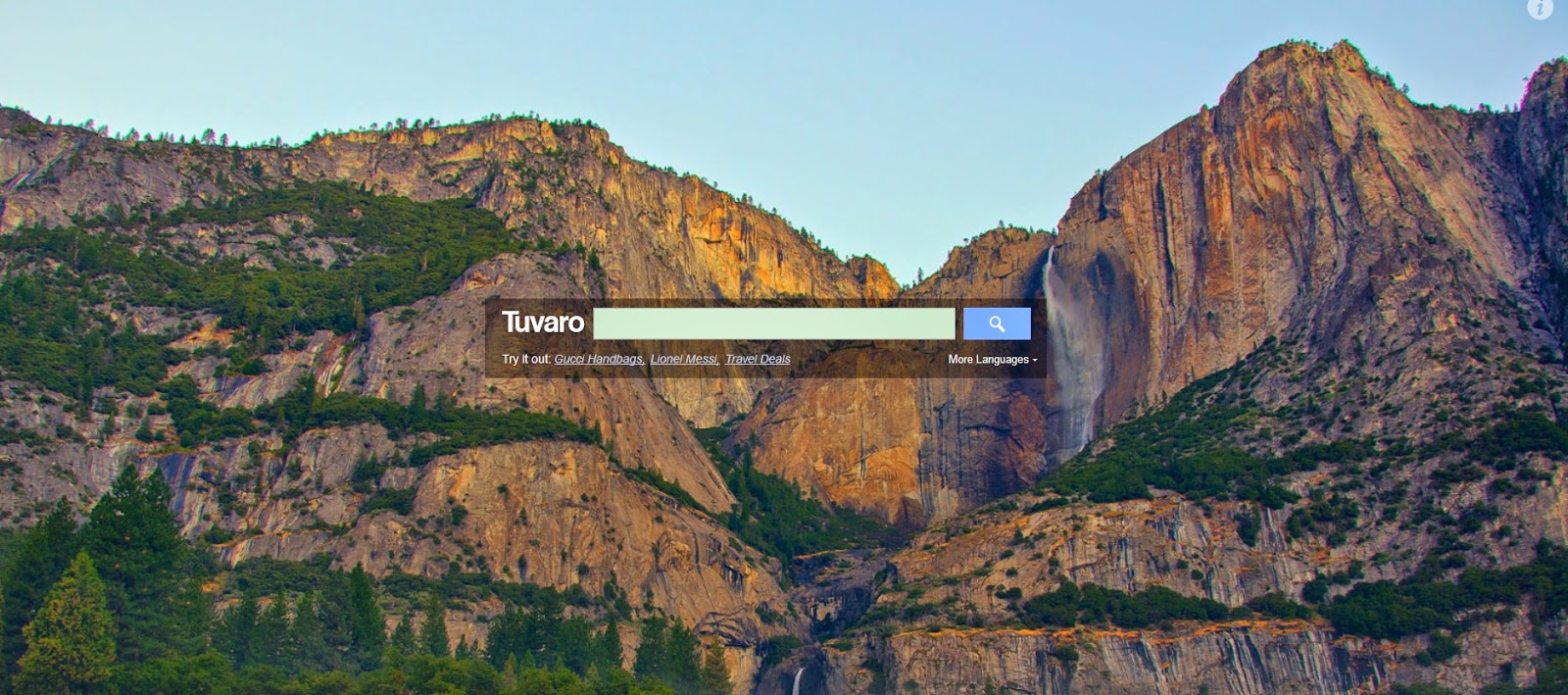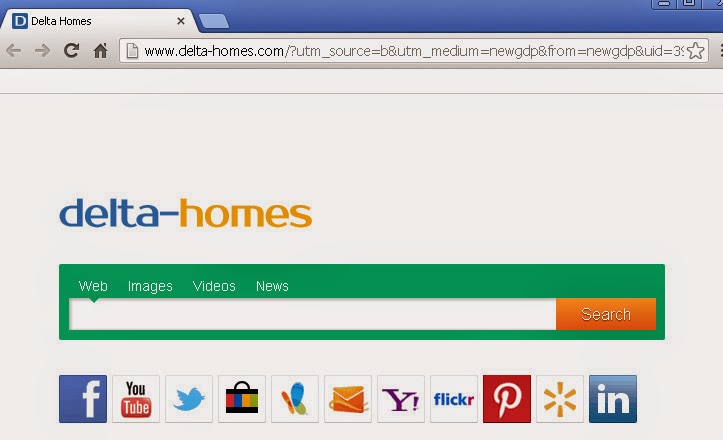Common Attitudes of Ransomware
- It downloads and installs rogue software without your permission.
- It disables executable applications and antivirus on your computer.
- It gives fake warnings to mislead you to pay for it.
- It blocks opening legitimate websites but its purchase page.
- It causes your computer slowing down and even crashing from time to time.
CryptoWall Decrypter Tech Analysis
CryptoWall Decrypter (CryptoWall virus) is a more current variant related to CryptoDefense (
Removal Help),
Cryptorbit and
CryptoLocker infection, which belongs to the category of ransomware released by cyber criminals who attempt to disrupt affected computers and gain from victims. The new version of CryptoWall Decrypter based on the original operating principle of Crypto ransomware, has the capability to restrict the access to the operating system it infects and forcibly encrypt user’s file stored on computer. This may include *.doc, *.docx, *.xls, *.ppt, *.psd, *.pdf, *.eps, *.ai, *.cdr, *.jpg, etc. When installed, this type of ransomware will have a full scan on user’s computer, and then create various ransom notes, collectively refer to decryption service, such as DECRYPT_INSTRUCTION.txt, DECRYPT_INSTRUCTION.html and DECRYPT_INSTRUCTION.url, in every folder containing the encrypted files.








